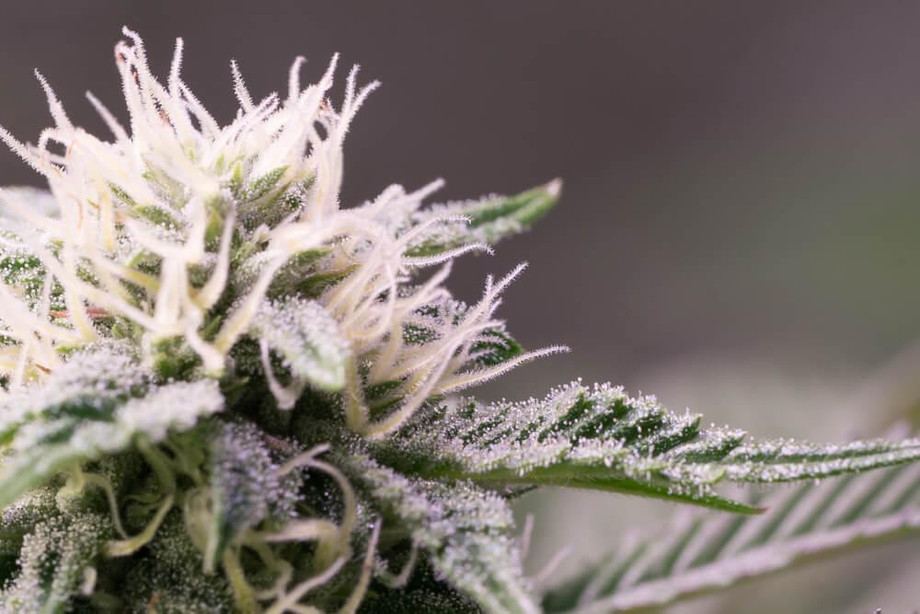Tetrahydrocannabinolic Acid (THCA) is an inert substance found in raw, unprocessed cannabis plants. It is an acidic precursor of the popular cannabinoid THC.
However, despite THCA being a precursor to the psychoactive THC, it is a non-psychoactive substance. Why is that so? This is because THCA has an additional set of carboxyl group that contains an extra carbon, oxygen, and hydrogen atom.
People nowadays tend to incline over offers like THCA for sale for its non-psychoactive nature. This article will discuss THCA, decarboxylation, and the risks that are associated with unregulated THCA.
What Is Decarboxylation?
Decarboxylation is a chemical process that involves the removal of a carboxyl group, resulting in the release of Carbon Dioxide (CO2).
To put it simply, it's a reaction often associated with carboxylic acids, where a carbon atom is taken away from a carbon chain. This transformative reaction is significant in various contexts, influencing the properties of substances and contributing to diverse chemical processes.
What Happens When THCA Undergoes Decarboxylation?
When THCA, found in unprocessed, raw cannabis, undergoes decarboxylation, through heat or combustion, it loses a carboxyl group, thereby becoming THC.
This process activates THC’s psychoactive properties, making it capable of binding to cannabinoid receptors in the body, particularly the CB1 receptors in the brain.
As a result, the user experiences the characteristic euphoric and therapeutic effects associated with consuming cannabis. Decarboxylation is a crucial step in preparing cannabis for recreational or medicinal use, as the raw plant material does not produce the same psychoactive effects as its decarboxylated counterpart.
This is probably one of the many reasons why people, especially beginners deter from using THC and look for offers like THCA for sale instead.
Some Approaches To Decarboxylate THCA
Following are some of the most common approaches to decarboxylate THCA-
- Vaping
- Dabbing
- Exposure To Sunlight
- Burning
- Cooking
- Baking
Unregulated THCA And Its Risks
You can easily find regulated THCA as a raw food supplement in capsules. These are generally backed by third-party lab analysis to ensure their purity.
However, unregulated THCA is also available in the market from various sources. These products are often sold online and pose risks as they may contain additional substances, making it crucial to prioritize regulated options for safety.
Following are the risks that are associated with using/ consumption/ trading of unregulated THCA-
- Safety Concerns
The absence of quality control raises concerns about unsafe manufacturing practices, mishandling, and subpar product quality, posing threats to consumer safety.
- Inaccurate Information
Unregulated items often lack accurate labels and essential information on dosage, potency, ingredients, and potential side effects, hindering informed consumer decisions.
- Contamination Risk
Unregulated THCa products pose a higher risk of contamination, including pesticides, heavy metals, and molds, potentially endangering health upon consumption.
- Legal Consequences
Products without regulation may be illegal in your area, resulting in legal repercussions such as fines or criminal charges for purchase or possession.
- Inconsistent Potency
Products without regulation lack standardized testing, leading to fluctuating THCa levels. This makes determining the right dosage challenging and may yield unexpected effects.
So, these are some of the things about THCA that need careful consideration and thinking, before you look for offers like THCA for sale.
Green Herbal Care Hemp, 5145 North Fm 620 Rd Ste L120 Austin, TX 78732, (512) 432-5323

